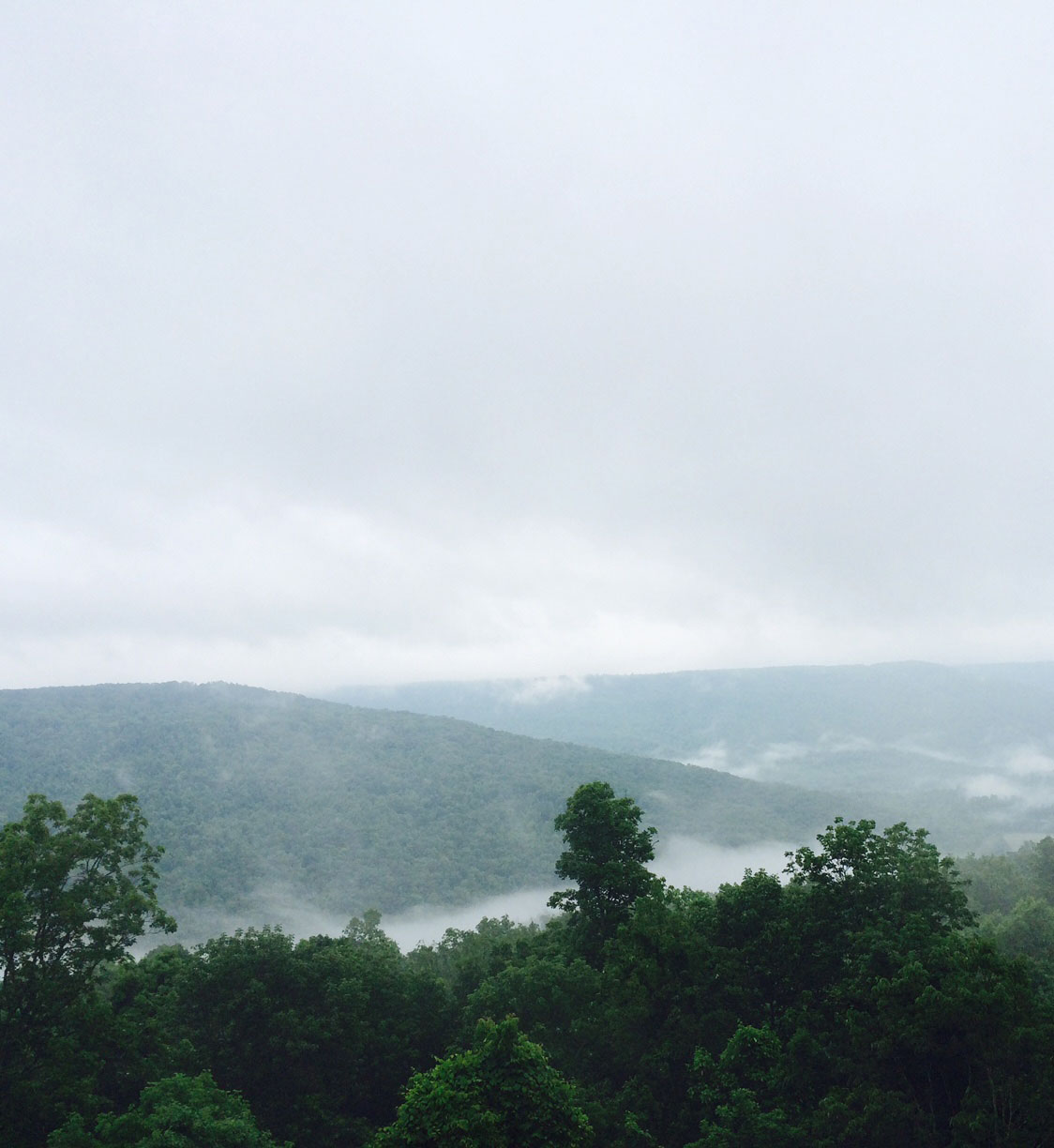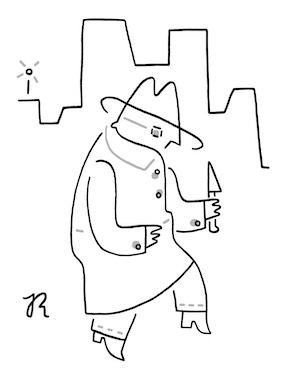Singin’ in the Rain
It’s not COVID; my throat is sore from singing all day
Here’s a little secret about me: I love singing.
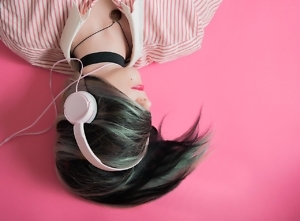
My closest friends already know this, and maybe they’re close because they’ve heard me sing at one point or another (and a lot of the times, vice versa). For me, though, loving singing is an entirely different thing from being good at it. In fact, it’s one of the most embarrassing acts to do in front of other people. There has to be a level of trust before singing enters a friendship. Thankfully, karaoke makes that easy.
I come from the country that invented karaoke. I still remember going to my first karaoke when I was in first grade, with my two friends from school and all of our moms. We went to eat ramen afterwards. It was a perfect day.
Fast forward to middle school, when I began to dream about becoming a good singer. I auditioned multiple times for the school musical but ended up in back-up or props too many times and lost hope altogether, taking pride instead in my involvement as a violist in the pit orchestra. Needless to say, many of my friends were talented thespians. I don’t even know how many times we watched Moulin Rouge together when it came out on DVD. We could sing the entire score on repeat all day.
During one of my high school summers in Tokyo, I spent so much time going to karaoke with my friends that I took a part-time job at McDonald’s just to cover the costs. My three friends and I would find a good deal (something like $2 an hour per person), and we’d stay there for hours, sometimes up to six. We became experts at figuring out who would sing first and what order we’d do our usual repertoire of songs, to maximize hype while sandwiching in slow ballads so each of us could catch our breath before gearing up for the next challenging song. By the last 10 minutes, we’d be covered in sweat, our throats barely functioning but still not ready to give up. Being the international kids we were, we’d easily master bilingual rap by Dragon Ash and M-Flo. (I was the only one who could do all three roles in “Miss You.”) I had a Mariah Carey phase. One of my friends got really into a punk rock genre called visual-kei (especially Janne Da Arc), and we all memorized an entire CD’s worth of songs.
I continued to feed my karaoke addiction during my 10 years in New York. There was an overpriced place in St. Marks, a cheaper one in K-Town, and a hidden gem in Midtown that was conveniently close to my office. Most of these places had Japanese machines but from the early 2000s, which worked out because I had failed to keep up with J-pop after leaving Tokyo.
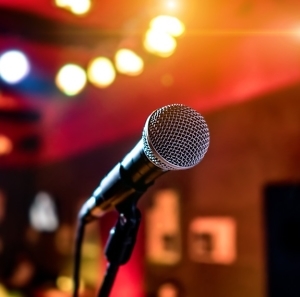
When my husband and I moved to Nashville in 2017, I saw that there was an entirely different kind of karaoke scene here, and it was interesting but definitely not for me. Unlike the people who dare to go up on one of those public stages, I’m not an aspiring singer waiting to be discovered by a scout in the audience. (And maybe more importantly, I could never get drunk enough. The last real drink I had was before the kids.) On top of all that, I’m not going anywhere near a Nashville bar after the pandemic for COVID safety reasons.
The thing I loved about Japanese karaoke was that it wasn’t so much about performing as it was about practicing. Instead of one stage in a roomful of strangers, Japanese karaoke happens in private rooms. It’s not about showing off your abilities (though maybe sometimes it was). It’s more about sharing something intimate with friends or co-workers. The same friends could sing the same songs two karaoke sessions in a row, and good friends could tell when something was up.
Now, two years into this pandemic, I reserve my singing for the car. Or inside the house. My “karaoke” partners are my children. Over the last couple years, I’ve accidentally come up with routine-related songs using pop culture references that the kids don’t know about yet:
~ “Day Dipes, Fighter of the Night Dipes” to the tune of “Day Man” from the TV show It’s Always Sunny in Philadelphia
~ “Wash Your Body” to the tune of “Everybody” by the Backstreet Boys
~ “Tricycle” to the tune of “Bicycle” by Queen
~ “Diaper Change” to the tune of “Animals/You’ve Got Time” by Regina Spektor (the theme from the Netflix show, Orange Is the New Black)
These days, the kids will request what songs I play from my Spotify account as we play or dance indoors. I have a playlist of adult songs I already loved that are also somewhat kid-friendly, but the kids will usually beg for songs from the LEGO movies, Encanto, or Spiderman.
And then I sing them lullabies at the end of the day: a set for the 1-year-old and another set an hour later for the toddler:
~ “Kooks” by David Bowie
~ “Beautiful Boy” by John Lennon
~ “Somewhere Over the Rainbow”
~ “My Favorite Things”
~ “Edelweiss”
Come to think of it, I too grew up in a house that was always filled with singing. My father was in Glee Club during his med school days. My mother sang all the time, especially songs by Yumin or Adele. My maternal grandmother listened exclusively to a traditional folk-inspired genre called enka and would sing while cooking or cleaning.
When I think of my friends, I think about “Grateful Days” by Dragon Ash, “Wuthering Heights” by Kate Bush, “Yellow Submarine” by the Beatles, “Pop Star” by Hirai Ken, “You Oughta Know” by Alanis, “White Rabbit” by Jefferson Airplane… the list goes on. I may not have karaoke at my fingertips the way I used to, but I keep the ritual going in my own way. While I don’t think my skills have improved, a part of me looks forward to going back to a karaoke room as soon as it feels safe enough. Maybe one day, someone will create such a space in Nashville? One can only hope.
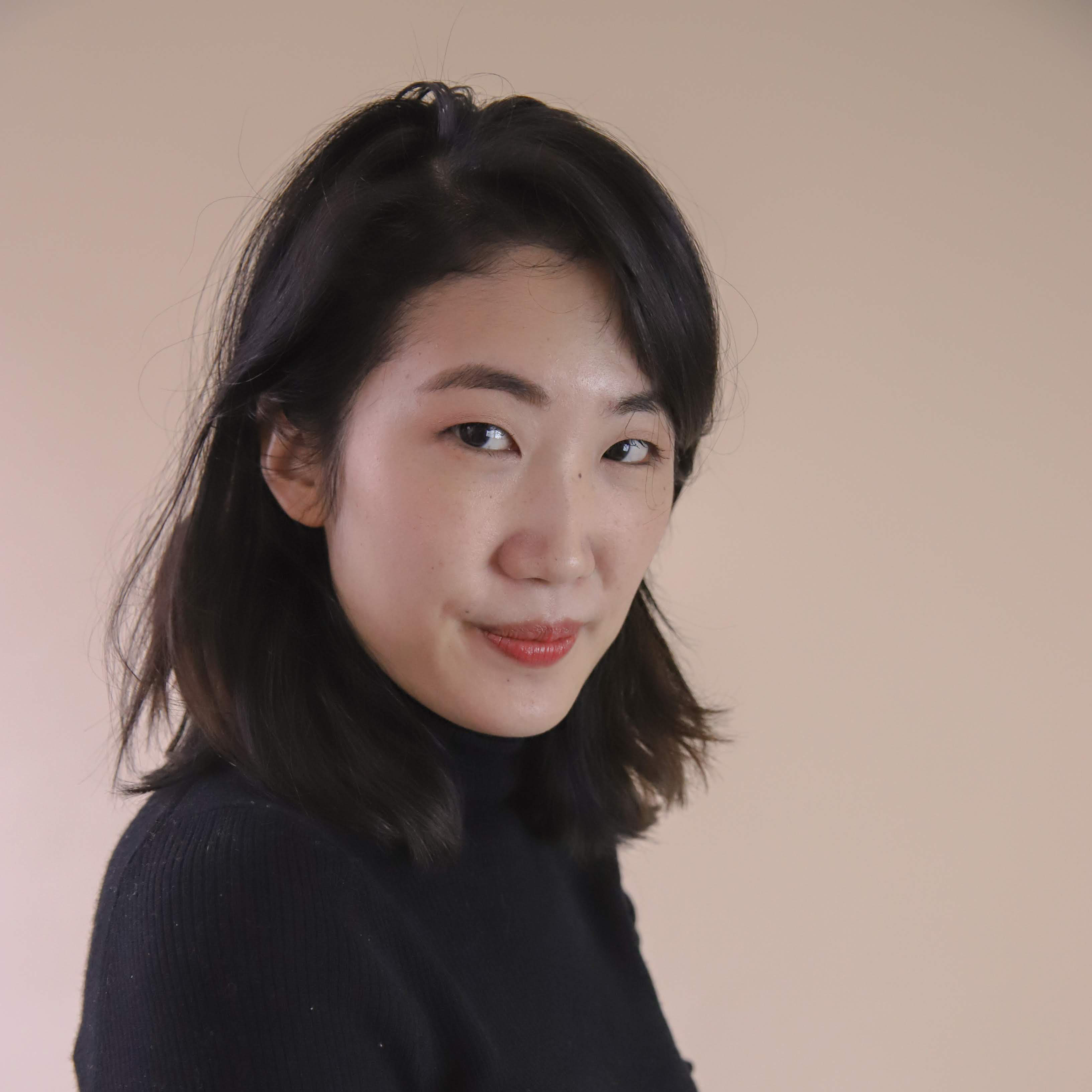
Copyright © 2022 by Yurina Yoshikawa. All rights reserved. Yurina Yoshikawa holds an M.F.A. from Columbia University and teaches fiction and nonfiction writing at The Porch Writers’ Collective. Originally from Tokyo, she spent 10 years in New York before moving to Nashville in 2017. Her writing has appeared in The Pinch, The New Inquiry, The Tennessean, and elsewhere. She was the winner of the 2020 Tennessee True Stories Contest and a 2021 recipient of the Tennessee Arts Commission Individual Artist Fellowship. She currently lives in Inglewood with her husband and two sons. This essay is adapted from her Substack newsletter, which can be found here.

